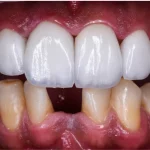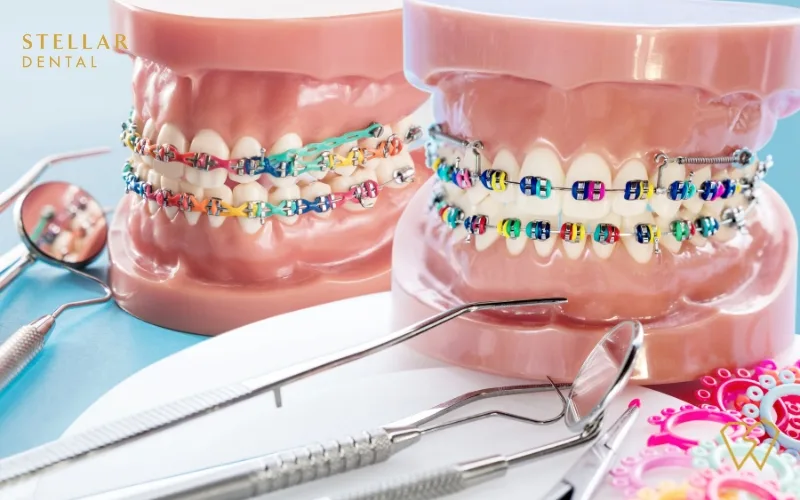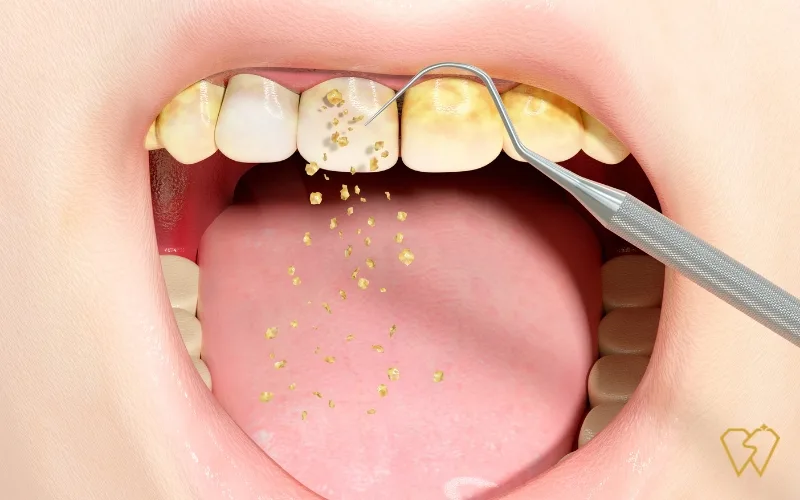Have you ever questioned how some people have such flawless teeth when you look at those glossy magazine pictures or Instagram squares? How did they get their teeth to be that white and evenly spaced? You might wonder if their smile is simply a result of genetic luck or if another factor is at play. Well, here is the answer. Many celebrities use porcelain veneers to achieve that ideal white smile. Read more to find out everything you need about porcelain teeth veneers.
What are porcelain veneers?
Porcelain veneers are thin, custom-made shells that cover the front surface of your teeth. They can improve the appearance of your teeth by changing their color, shape, size, or length. Furthermore, they can also fix chips or cracks in your teeth and correct misalignment.
Who is suitable?
Are you unsure whether or not your teeth would benefit from porcelain veneers? Many people find success with them, but only some are a good fit for veneers. The candidates for this type of veneer are the people who want to improve their smile with an extra budget to spare. As long you have healthy gums and a strong bone structure, you can get teeth veneers.
Porcelain veneers aid in addressing the following dental issues:
- Chipping/staining
- Old fillings and repairs
- A discrete or small smile
- Spatial issues
- Teeth crowdedness
- Fluorosis or antibiotic-related stains


Pros and Cons of Porcelain Veneers
Pros
- Looks Natural: Porcelain veneers offer a natural and attractive appearance, closely mimicking the light-reflecting properties of natural teeth.
- Durable: With proper care, they can last between 10 to 20 years.
- Stain-resistant: They are highly resistant to stains from foods and beverages.
- Minimal Tooth Alteration: Veneers require less removal of the natural tooth structure compared to crowns.
- Functional Improvement: They can correct minor dental issues such as chips, gaps, and slight misalignment.
Cons
- Irreversible Procedure: The process involves removing a layer of enamel, making it irreversible.
- Potential for Damage: Veneers can crack or chip if subjected to excessive force, like biting hard objects.
- Cost: They are generally more expensive than other veneer options.
- Sensitivity: Some patients may experience increased sensitivity to hot and cold temperatures due to enamel removal.
- Color Mismatch: If a veneer needs replacement, it can be difficult to match the exact color of the new veneer to the existing ones.
- Gum Irritation: Improper fitting veneers can cause gum irritation or inflammation.
- Replacement Needed: Veneers will eventually need to be replaced due to wear and tear over time.
How durable are porcelain veneers?
Porcelain veneers are highly durable, typically lasting between 10 to 20 years with proper care. They resist stains and maintain their aesthetic appeal. However, they can crack or chip under excessive force, so avoiding hard objects is crucial. Regular dental check-ups and good oral hygiene are essential for longevity
Procedure
Initial Consultation:
- The process begins with a consultation where the dentist examines your teeth, discusses your goals, and determines if veneers are suitable for you. X-rays and impressions of your teeth may be taken.
Tooth Preparation:
- In the next visit, the dentist prepares your teeth by removing a thin layer of enamel, usually about 0.5 millimeters, from the surface of each tooth that will receive a veneer. This ensures a proper fit and natural look.
Impressions:
- After tooth preparation, the dentist takes an impression of your teeth, which is sent to a dental laboratory where the veneers are custom-made. This process can take 1-2 weeks.
Temporary Veneers:
- While waiting for the permanent veneers, temporary veneers may be placed to protect the prepared teeth and improve aesthetics.
Bonding:
- Once the permanent veneers are ready, they are placed on your teeth to check for fit and color. Adjustments can be made as needed. The teeth are then cleaned, polished, and etched to prepare them for bonding.
Cementation:
- Dental cement is applied to the veneer, which is then placed on the tooth. A special light beam is used to activate the chemicals in the cement, causing it to harden quickly.
Final Adjustments:
- After the cementation, any excess cement is removed, and final adjustments are made to ensure a comfortable bite and proper fit. A follow-up visit may be scheduled to check the veneers’ placement and overall oral health.

Risks
While porcelain veneers offer significant cosmetic benefits, there are several potential risks and complications associated with the procedure:
- Tooth Sensitivity: Increased sensitivity to hot and cold temperatures may occur after veneer placement due to enamel removal.
- Irreversible Procedure: The process is permanent as it involves removing a thin layer of enamel from your teeth.
- Potential for Damage: Veneers can crack or chip under excessive force, such as biting hard objects or teeth grinding.
- Color Mismatch: Matching the exact color of new veneers to existing ones can be challenging, especially if natural teeth change color over time.
- Gum Irritation: Poorly fitting veneers can cause gum irritation or inflammation.
- Replacement Needed: Veneers will eventually need to be replaced due to normal wear and tear, typically after 10-20 years.
- Increased Cost: The procedure is relatively expensive and may not be covered by dental insurance as it is often considered cosmetic.
- Possible Nerve Damage: In rare cases, the preparation process can affect the tooth nerve, potentially leading to the need for root canal treatment.
Cost of porcelain veneers
The cost of porcelain veneers in Malaysia typically ranges from RM1,800 to RM3,000 per tooth. This price can vary based on the quality of material, expertise of the dentist, and the location of the dental clinic. At Stellar Dental, we offer competitive pricing at RM2,600 per unit, with personalized treatment plans tailored to your individual requirements and goals.
Final words
To conclude, porcelain veneers can improve the appearance of your teeth, but it is important to discuss potential risks with your dentist before beginning treatment. The cost and individual needs should also be considered when deciding if veneers are the right option. Your dentist can provide more information specific to your situation at their practice. Ultimately, the decision to get veneers should be based on your individual needs and how they fit into your oral health plan.
Don’t let imperfections in your smile hold you back any longer – schedule a FREE consultation with us today to see how porcelain veneers can give you the confidence boost you’ve been looking for by clicking the button below.
Sources:
- Bone Structure: ScienceDirect









